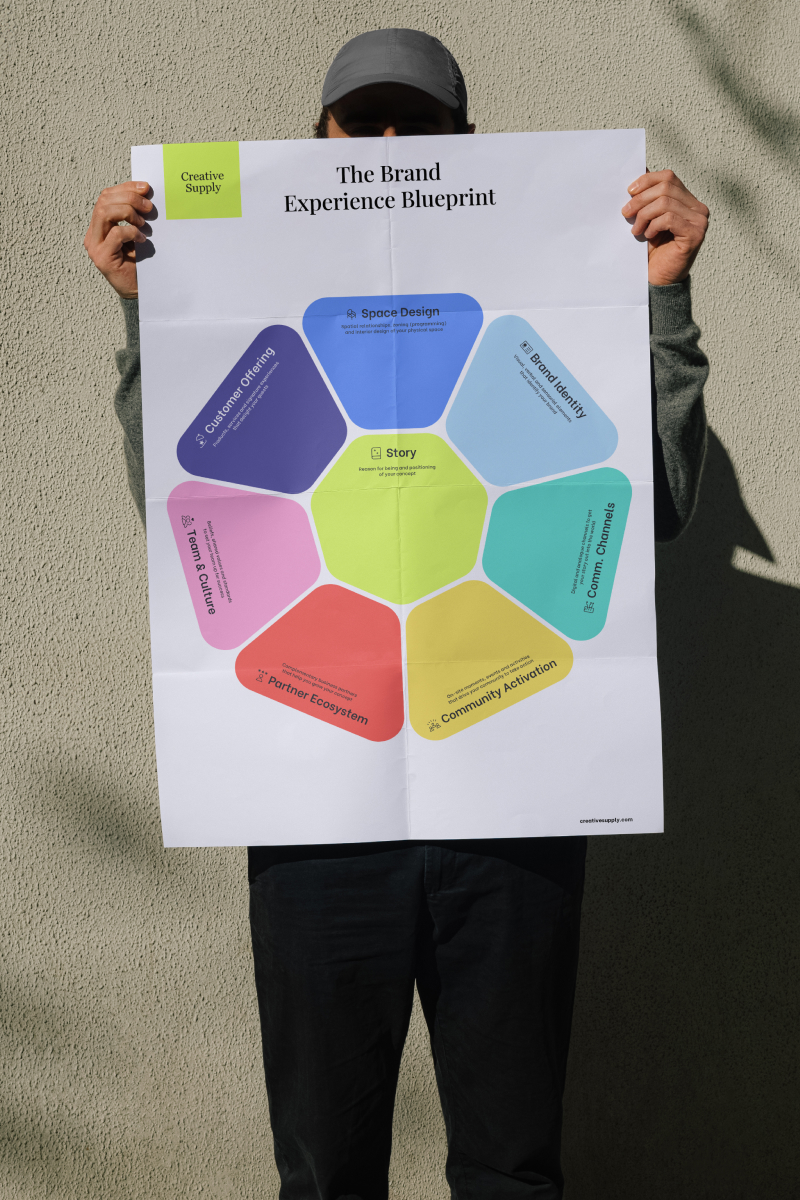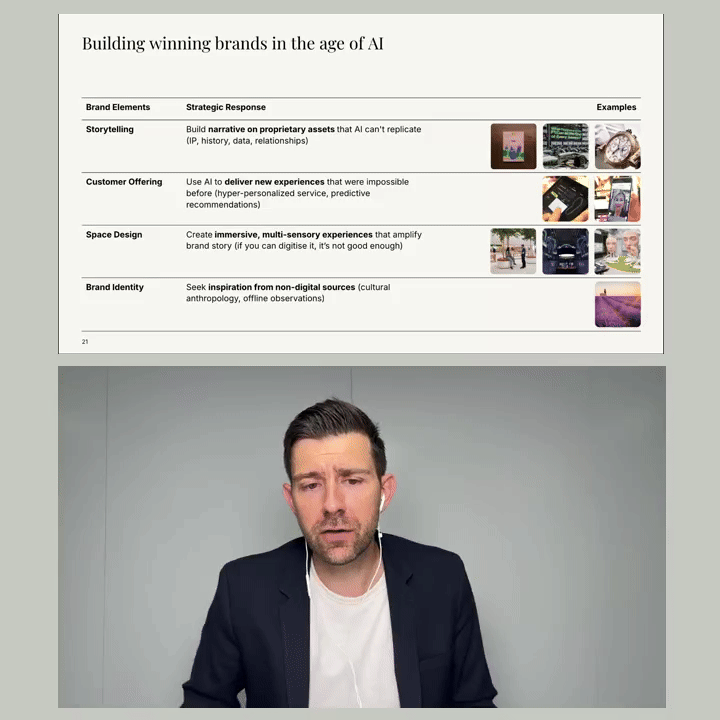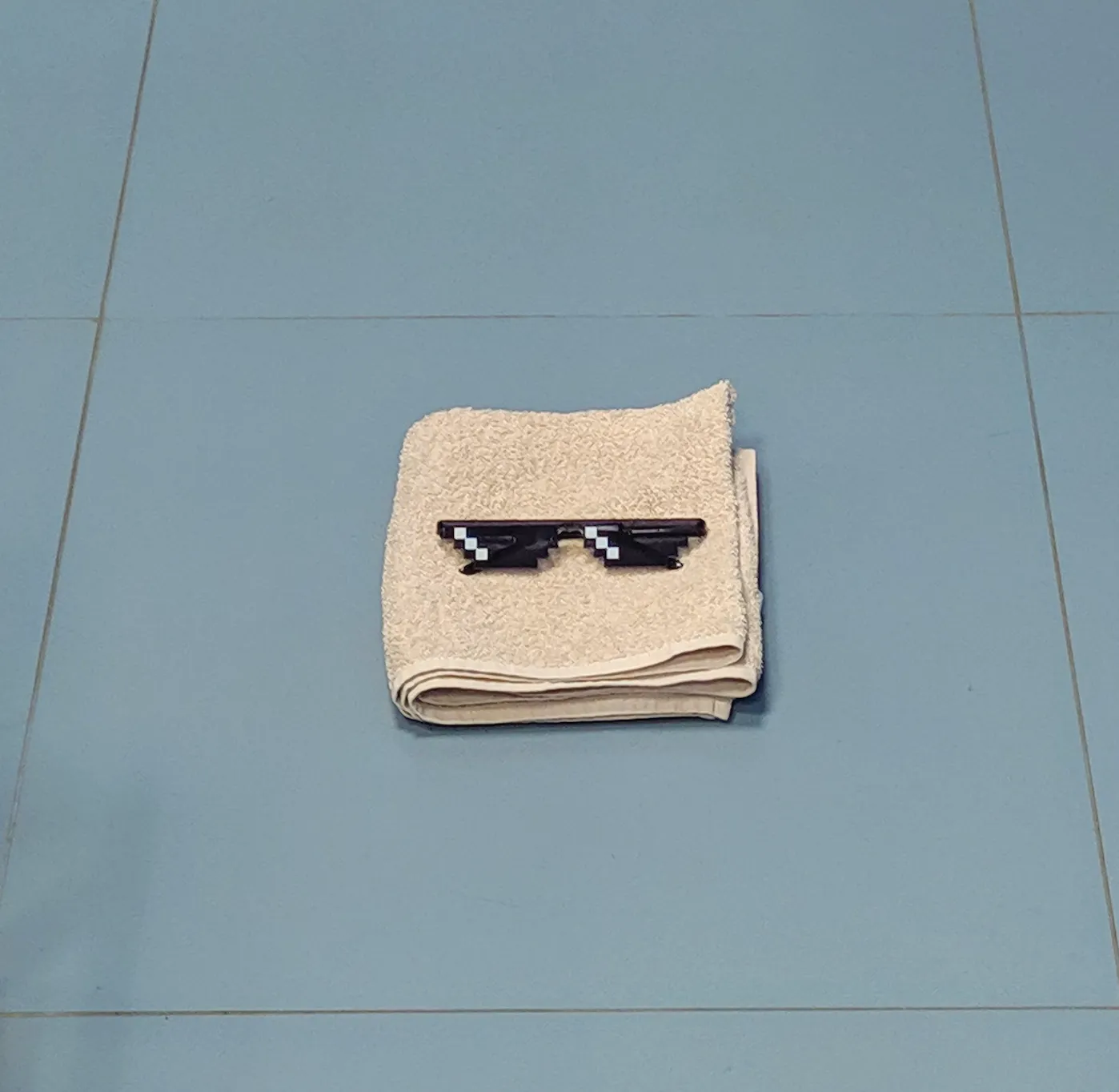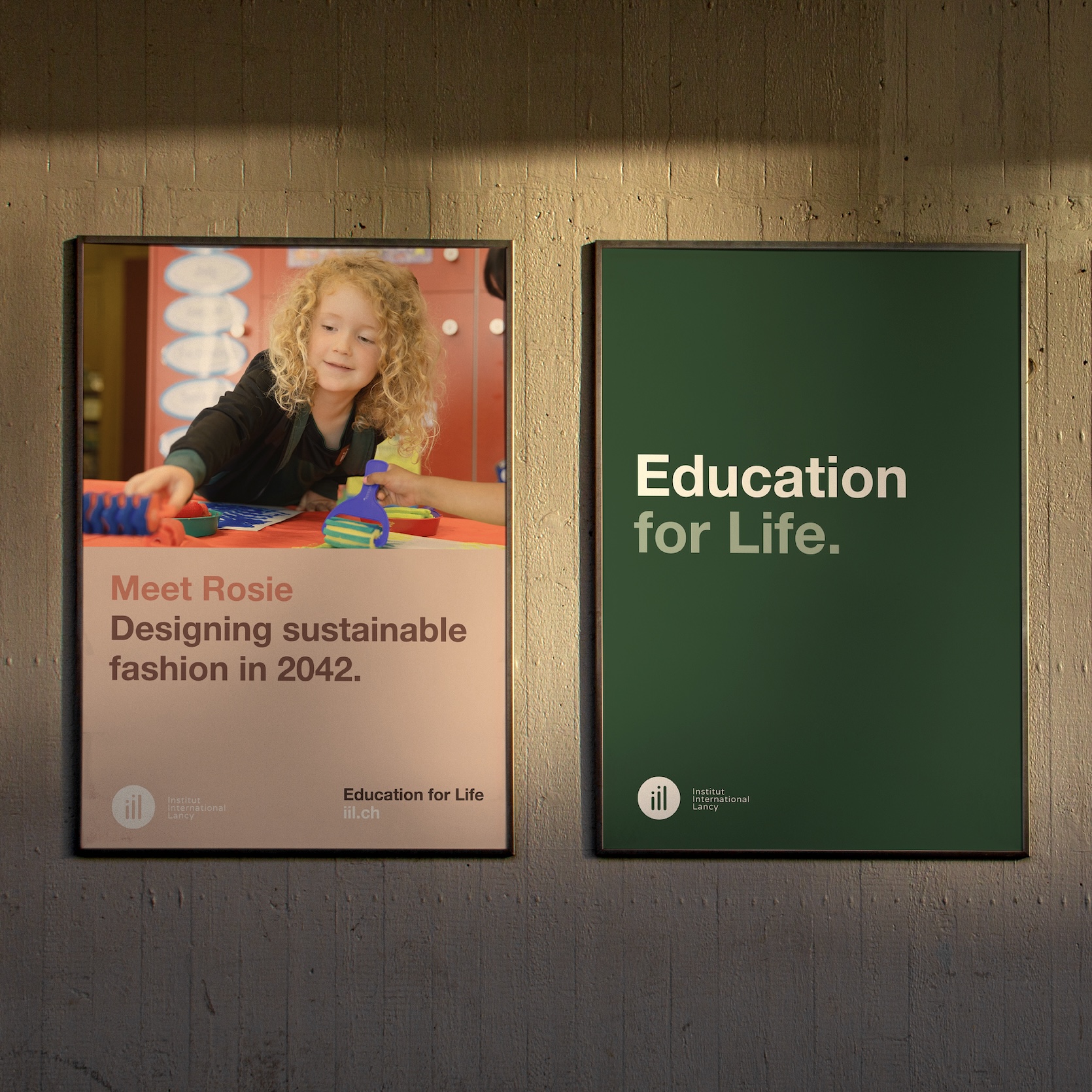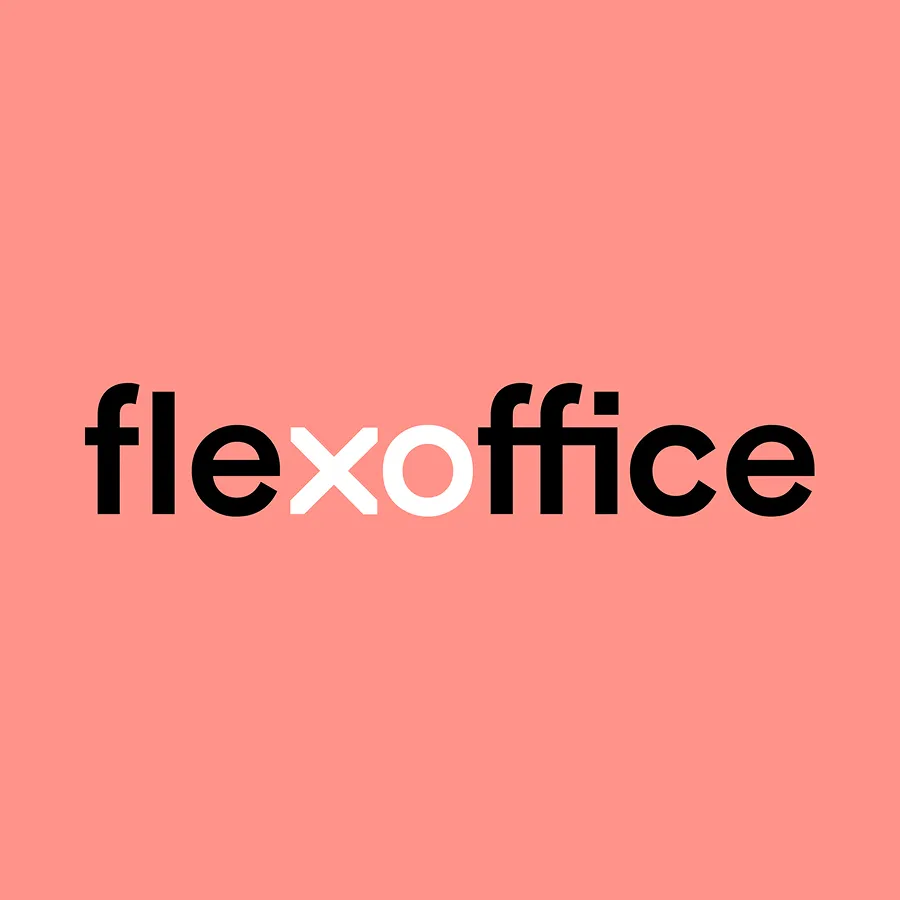Hotel concept development - the ultimate online guide
Everything you need to know about hotel concepts – from the strategic level down to the day to day operations.

Technology, changing consumer behaviours and deregulation are challenging the hospitality industry at its core.
The Covid-19 crisis has accelerated these trends, forcing hoteliers to review the fundamentals of their value proposition and go beyond the traditional definition of a hotel as a “place to sleep and eat”. Indeed, the sole value proposition of a hotel can no longer be based nor limited by its physical asset. Storytelling, content creation and community have become as important as location and interior design. To unlock new area of growth, hoteliers across the world are starting to transform their properties into concepts that break with conventions. From a Japanese hotel that doubles as a fashion label to a Parisian B&B that produce its own music, hotel concepts are blurring the lines between media, retail and hospitality.
THE IMPACT OF TECHNOLOGY ON HOTEL OPERATIONSHotel outlets and servicesDigital alternativesRoomsAirbnb, CouchsurfingRoom ServiceUber Eats, DeliverooMeeting SpaceZoom, Go-To Meeting, Google HangoutFitness & WellnessFreeletics, Headspace, Nike Run ClubAirport TransferUber, Lyft, TaxifyIn-room EntertainmentNetflix, Youtube, InstagramBicycle RentalLime, Bird, Donkey RepublicConcierge DeskTripadvisor, Google Map, Room TelephoneWhatsApp, Skype, Facetime
Why creating a hotel concept?
Whether your are running a small family property or managing a portfolio of hotels, you can benefit from the development of a hotel concept. A well-executed hotel concept offers many benefits in both development and operating phases. Here are a few:
- Alignment between stakeholders around a shared vision
- A price premium on room rates and extras
- A coherent and compelling guest experience
- A reduction in PR and marketing costs, as concept-led hotels are inherently easier to market
- An attractive opportunity for talented staff to join an exciting and meaningful project
- A marketable platform for investors and partners when pitching the project
For nearly 10 years, our team has been developing hotel concepts for international players such as Kempinski Hotels and Vienna House as well for independent hotels such as the Le Grand Quartier in Paris or Kramer Group in Zurich. But what exactly is a hotel concept? How do you create one? And how to implement it? Based on our Hotel Concept Handbook (published in collaboration with Ecole hôtelière de Lausanne), this online guide will give you a deep understanding of the creation of a hotel concept – from the strategic and creative level down to the day to day operations.
What exactly is a hotel concept?
It is a commonly held misconception that interior designers are responsible for the development of a hotel concept. In reality, a hotel concept goes far beyond space planning and considers aspects such as the service design, the storytelling and the communication strategy. Indeed, a beautifully designed hotel cannot succeed without a good service concept or an enticing story. We are convinced that the success of a hotel concept relies on the integration of both “soft” and “hard” elements. This is why we developed our proprietary Hotel Concept Framework. Our approach is unique because it takes into account the strategic, operational and marketing components of a hotel concept: Story, Space, People, Services, Content, Channels and Identity.
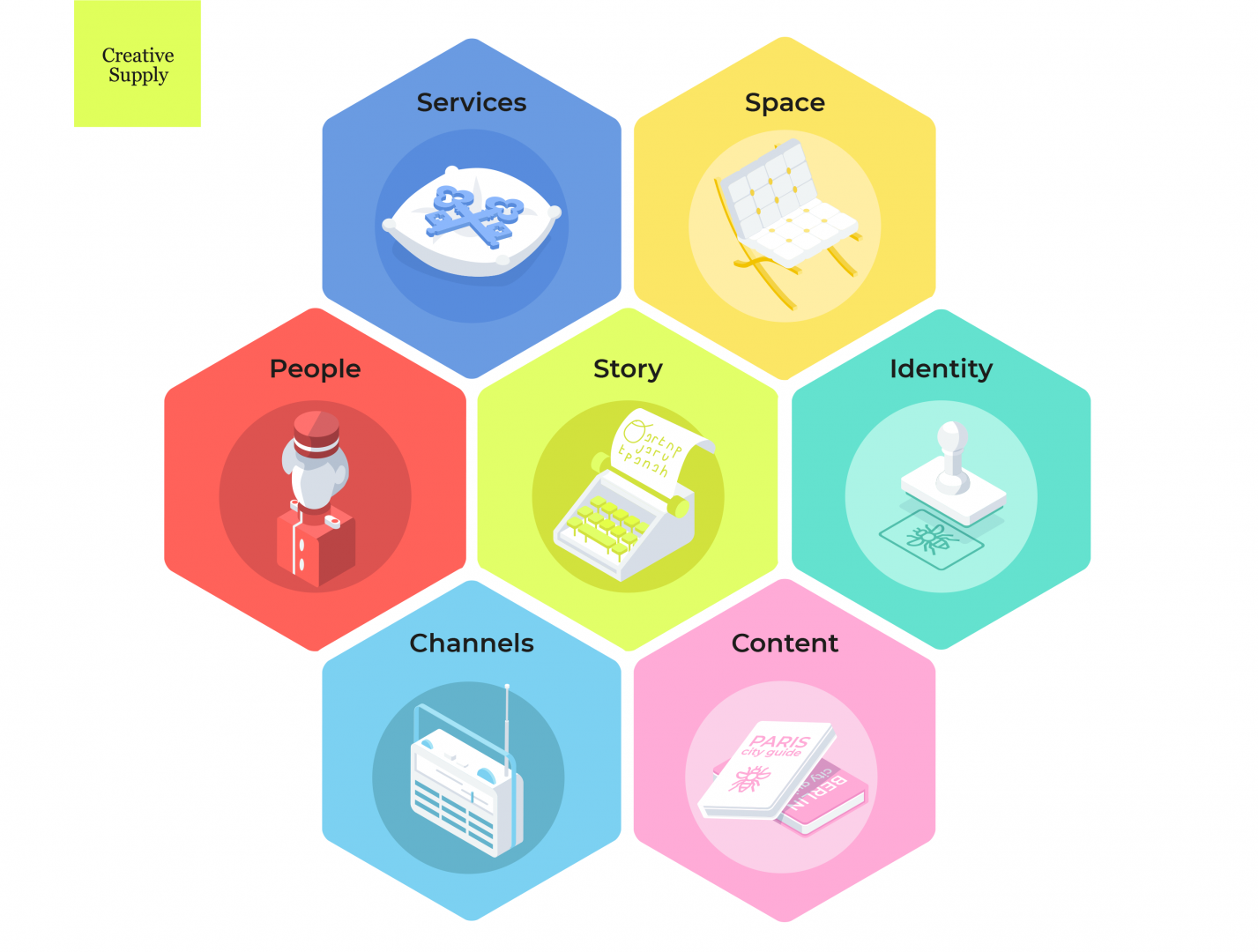
What are the steps to develop a hotel concept?
The concept development phase is made of 4 key phases: Audit & Research, Brand Concept, Operational Concept and Visual & Verbal Identity.
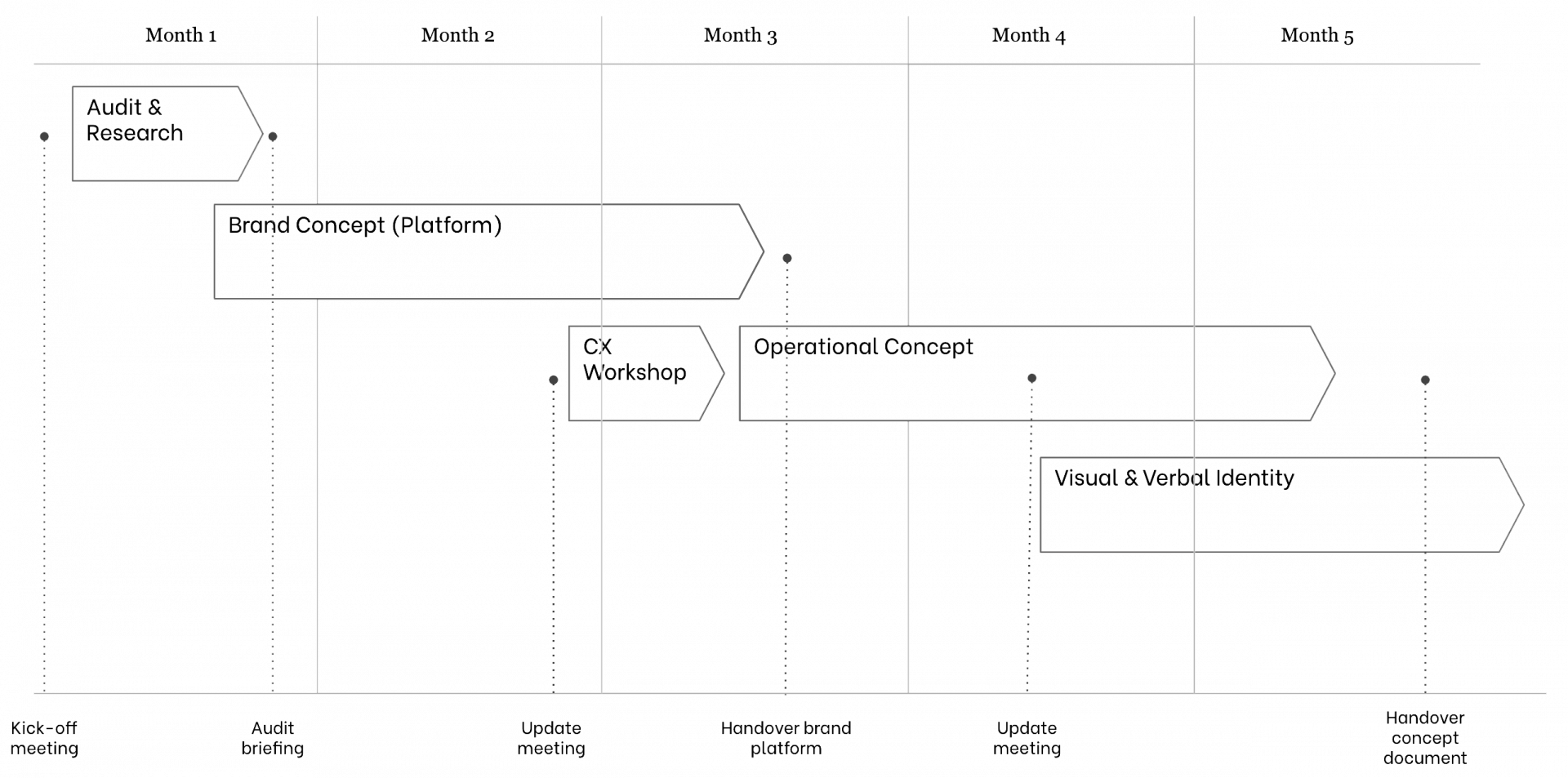
01 Audit & Research
In this initial phase, we take a 360 view of your business and look at its broad context. We review competitors, cultural offerings and retail scene. We also take the time to dig into the hotel archive (internal and public sources) as well as conduct one-to-one interviews with key employees. This enables us to identify the opportunities of your project and ensure that we create something truly unique.
02 Brand Concept (brand platform)
We use the insights we collect as our creative constraints to come up with a core brand idea for your hotel. That means deciding if your hotel could/should be a rebel luxurious property, a classic French icon or a hipster flagship. For instance, we successfully established the Terrass" Hôtel in Paris as a “legend of Montmartre” that is the “artist’s address since 1911”. Using our Hotel Concept Framework, we then make sure that the entire customer experience reflects the core idea.
03 Operational Concept
We look at the zoning of the property and the type of outlets it will contain. We develop a narrative that tells the story of the hotel and identify the best ways to communicate it throughout all the customer touchpoints (i.e., a classic French room-service should be quite different than a luxury rebel one). Once again, the result should be an integrated experience, from booking to check-out.
04 Visual & Verbal Identity
Once the brand and operational concepts developed, all the fundamentals are in place to develop a stunning visual & verbal identity. This phase is about defining the look & feel of your property. On the visual side, this includes logo design, colours, typography, illustrations, icon design, photography style and, on the verbal side, tagline, slogan, catchphrase as well as verbal guidelines.
How to successfully implement a hotel concept?
To ensure the concept coherence from theory to practice, we follow through on the project evolution. Creative Supply's role is to make sure that all the project stakeholders (owner, developer, operator, consultants etc.) are and remain aligned behind the same concept. This phase typically includes feedback on architect and interior designer drawings as well as reviews of mock-up rooms and advice on the go-to-market strategy.
Are you developing a new hotel? Or renovating an outlet such as a bar or a spa? Tell us about your project. We would love to have a chat with you. No strings attached.
Hotel concept development - the ultimate online guide



Hotel concept development - the ultimate online guide
Everything you need to know about hotel concepts – from the strategic level down to the day to day operations.
Technology, changing consumer behaviours and deregulation are challenging the hospitality industry at its core.
The Covid-19 crisis has accelerated these trends, forcing hoteliers to review the fundamentals of their value proposition and go beyond the traditional definition of a hotel as a “place to sleep and eat”. Indeed, the sole value proposition of a hotel can no longer be based nor limited by its physical asset. Storytelling, content creation and community have become as important as location and interior design. To unlock new area of growth, hoteliers across the world are starting to transform their properties into concepts that break with conventions. From a Japanese hotel that doubles as a fashion label to a Parisian B&B that produce its own music, hotel concepts are blurring the lines between media, retail and hospitality.
THE IMPACT OF TECHNOLOGY ON HOTEL OPERATIONSHotel outlets and servicesDigital alternativesRoomsAirbnb, CouchsurfingRoom ServiceUber Eats, DeliverooMeeting SpaceZoom, Go-To Meeting, Google HangoutFitness & WellnessFreeletics, Headspace, Nike Run ClubAirport TransferUber, Lyft, TaxifyIn-room EntertainmentNetflix, Youtube, InstagramBicycle RentalLime, Bird, Donkey RepublicConcierge DeskTripadvisor, Google Map, Room TelephoneWhatsApp, Skype, Facetime
Why creating a hotel concept?
Whether your are running a small family property or managing a portfolio of hotels, you can benefit from the development of a hotel concept. A well-executed hotel concept offers many benefits in both development and operating phases. Here are a few:
- Alignment between stakeholders around a shared vision
- A price premium on room rates and extras
- A coherent and compelling guest experience
- A reduction in PR and marketing costs, as concept-led hotels are inherently easier to market
- An attractive opportunity for talented staff to join an exciting and meaningful project
- A marketable platform for investors and partners when pitching the project
For nearly 10 years, our team has been developing hotel concepts for international players such as Kempinski Hotels and Vienna House as well for independent hotels such as the Le Grand Quartier in Paris or Kramer Group in Zurich. But what exactly is a hotel concept? How do you create one? And how to implement it? Based on our Hotel Concept Handbook (published in collaboration with Ecole hôtelière de Lausanne), this online guide will give you a deep understanding of the creation of a hotel concept – from the strategic and creative level down to the day to day operations.
What exactly is a hotel concept?
It is a commonly held misconception that interior designers are responsible for the development of a hotel concept. In reality, a hotel concept goes far beyond space planning and considers aspects such as the service design, the storytelling and the communication strategy. Indeed, a beautifully designed hotel cannot succeed without a good service concept or an enticing story. We are convinced that the success of a hotel concept relies on the integration of both “soft” and “hard” elements. This is why we developed our proprietary Hotel Concept Framework. Our approach is unique because it takes into account the strategic, operational and marketing components of a hotel concept: Story, Space, People, Services, Content, Channels and Identity.

What are the steps to develop a hotel concept?
The concept development phase is made of 4 key phases: Audit & Research, Brand Concept, Operational Concept and Visual & Verbal Identity.

01 Audit & Research
In this initial phase, we take a 360 view of your business and look at its broad context. We review competitors, cultural offerings and retail scene. We also take the time to dig into the hotel archive (internal and public sources) as well as conduct one-to-one interviews with key employees. This enables us to identify the opportunities of your project and ensure that we create something truly unique.
02 Brand Concept (brand platform)
We use the insights we collect as our creative constraints to come up with a core brand idea for your hotel. That means deciding if your hotel could/should be a rebel luxurious property, a classic French icon or a hipster flagship. For instance, we successfully established the Terrass" Hôtel in Paris as a “legend of Montmartre” that is the “artist’s address since 1911”. Using our Hotel Concept Framework, we then make sure that the entire customer experience reflects the core idea.
03 Operational Concept
We look at the zoning of the property and the type of outlets it will contain. We develop a narrative that tells the story of the hotel and identify the best ways to communicate it throughout all the customer touchpoints (i.e., a classic French room-service should be quite different than a luxury rebel one). Once again, the result should be an integrated experience, from booking to check-out.
04 Visual & Verbal Identity
Once the brand and operational concepts developed, all the fundamentals are in place to develop a stunning visual & verbal identity. This phase is about defining the look & feel of your property. On the visual side, this includes logo design, colours, typography, illustrations, icon design, photography style and, on the verbal side, tagline, slogan, catchphrase as well as verbal guidelines.
How to successfully implement a hotel concept?
To ensure the concept coherence from theory to practice, we follow through on the project evolution. Creative Supply's role is to make sure that all the project stakeholders (owner, developer, operator, consultants etc.) are and remain aligned behind the same concept. This phase typically includes feedback on architect and interior designer drawings as well as reviews of mock-up rooms and advice on the go-to-market strategy.
Are you developing a new hotel? Or renovating an outlet such as a bar or a spa? Tell us about your project. We would love to have a chat with you. No strings attached.
DownloadHotel concept development - the ultimate online guide
Technology, changing consumer behaviours and deregulation are challenging the hospitality industry at its core.
The Covid-19 crisis has accelerated these trends, forcing hoteliers to review the fundamentals of their value proposition and go beyond the traditional definition of a hotel as a “place to sleep and eat”. Indeed, the sole value proposition of a hotel can no longer be based nor limited by its physical asset. Storytelling, content creation and community have become as important as location and interior design. To unlock new area of growth, hoteliers across the world are starting to transform their properties into concepts that break with conventions. From a Japanese hotel that doubles as a fashion label to a Parisian B&B that produce its own music, hotel concepts are blurring the lines between media, retail and hospitality.
THE IMPACT OF TECHNOLOGY ON HOTEL OPERATIONSHotel outlets and servicesDigital alternativesRoomsAirbnb, CouchsurfingRoom ServiceUber Eats, DeliverooMeeting SpaceZoom, Go-To Meeting, Google HangoutFitness & WellnessFreeletics, Headspace, Nike Run ClubAirport TransferUber, Lyft, TaxifyIn-room EntertainmentNetflix, Youtube, InstagramBicycle RentalLime, Bird, Donkey RepublicConcierge DeskTripadvisor, Google Map, Room TelephoneWhatsApp, Skype, Facetime
Why creating a hotel concept?
Whether your are running a small family property or managing a portfolio of hotels, you can benefit from the development of a hotel concept. A well-executed hotel concept offers many benefits in both development and operating phases. Here are a few:
- Alignment between stakeholders around a shared vision
- A price premium on room rates and extras
- A coherent and compelling guest experience
- A reduction in PR and marketing costs, as concept-led hotels are inherently easier to market
- An attractive opportunity for talented staff to join an exciting and meaningful project
- A marketable platform for investors and partners when pitching the project
For nearly 10 years, our team has been developing hotel concepts for international players such as Kempinski Hotels and Vienna House as well for independent hotels such as the Le Grand Quartier in Paris or Kramer Group in Zurich. But what exactly is a hotel concept? How do you create one? And how to implement it? Based on our Hotel Concept Handbook (published in collaboration with Ecole hôtelière de Lausanne), this online guide will give you a deep understanding of the creation of a hotel concept – from the strategic and creative level down to the day to day operations.
What exactly is a hotel concept?
It is a commonly held misconception that interior designers are responsible for the development of a hotel concept. In reality, a hotel concept goes far beyond space planning and considers aspects such as the service design, the storytelling and the communication strategy. Indeed, a beautifully designed hotel cannot succeed without a good service concept or an enticing story. We are convinced that the success of a hotel concept relies on the integration of both “soft” and “hard” elements. This is why we developed our proprietary Hotel Concept Framework. Our approach is unique because it takes into account the strategic, operational and marketing components of a hotel concept: Story, Space, People, Services, Content, Channels and Identity.

What are the steps to develop a hotel concept?
The concept development phase is made of 4 key phases: Audit & Research, Brand Concept, Operational Concept and Visual & Verbal Identity.

01 Audit & Research
In this initial phase, we take a 360 view of your business and look at its broad context. We review competitors, cultural offerings and retail scene. We also take the time to dig into the hotel archive (internal and public sources) as well as conduct one-to-one interviews with key employees. This enables us to identify the opportunities of your project and ensure that we create something truly unique.
02 Brand Concept (brand platform)
We use the insights we collect as our creative constraints to come up with a core brand idea for your hotel. That means deciding if your hotel could/should be a rebel luxurious property, a classic French icon or a hipster flagship. For instance, we successfully established the Terrass" Hôtel in Paris as a “legend of Montmartre” that is the “artist’s address since 1911”. Using our Hotel Concept Framework, we then make sure that the entire customer experience reflects the core idea.
03 Operational Concept
We look at the zoning of the property and the type of outlets it will contain. We develop a narrative that tells the story of the hotel and identify the best ways to communicate it throughout all the customer touchpoints (i.e., a classic French room-service should be quite different than a luxury rebel one). Once again, the result should be an integrated experience, from booking to check-out.
04 Visual & Verbal Identity
Once the brand and operational concepts developed, all the fundamentals are in place to develop a stunning visual & verbal identity. This phase is about defining the look & feel of your property. On the visual side, this includes logo design, colours, typography, illustrations, icon design, photography style and, on the verbal side, tagline, slogan, catchphrase as well as verbal guidelines.
How to successfully implement a hotel concept?
To ensure the concept coherence from theory to practice, we follow through on the project evolution. Creative Supply's role is to make sure that all the project stakeholders (owner, developer, operator, consultants etc.) are and remain aligned behind the same concept. This phase typically includes feedback on architect and interior designer drawings as well as reviews of mock-up rooms and advice on the go-to-market strategy.
Are you developing a new hotel? Or renovating an outlet such as a bar or a spa? Tell us about your project. We would love to have a chat with you. No strings attached.
